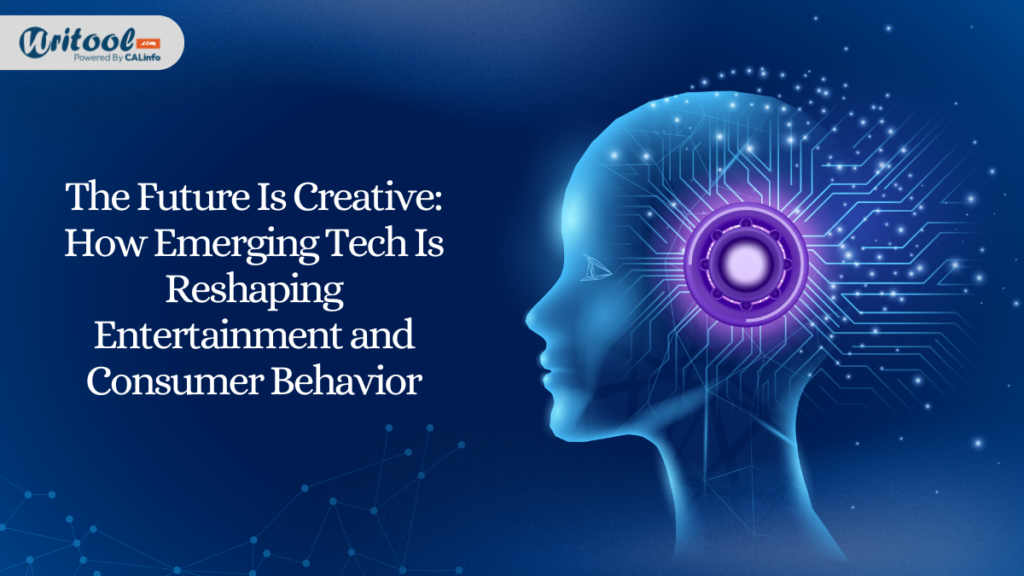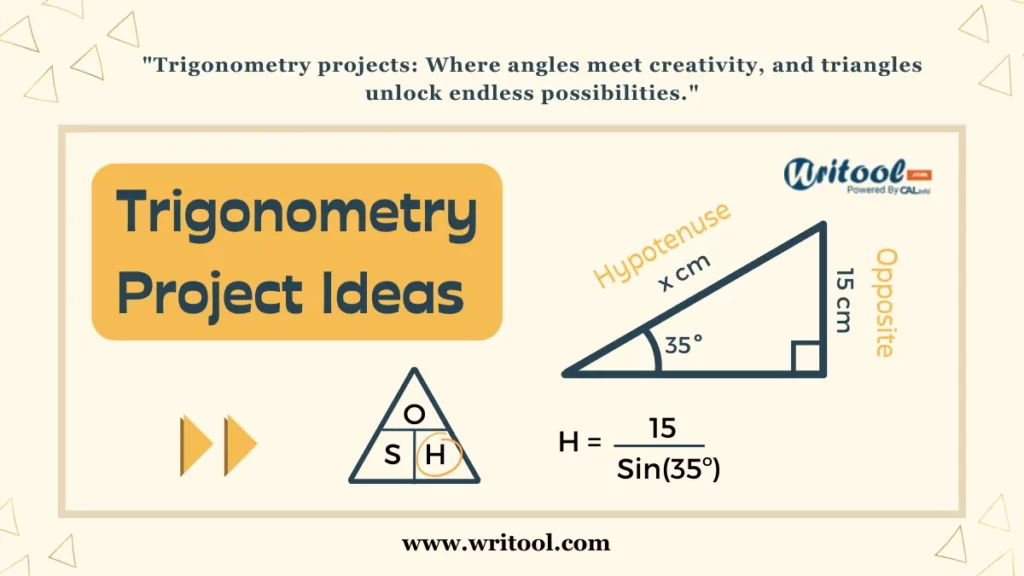In a time characterized by constant transformation, innovation doesn’t only drive industry—it reimagines it. From the manner in which we interact with content to the manner in which we interact with brands, the digital age has flipped on its head the traditional business models and ushered in a new kind of power dynamic: one wherein consumers don’t just get entertained—they co-create.
With AI, blockchain, and virtual reality overturning traditional models, companies that fail to evolve risk going extinct. But beyond mere survival, the ones who reconcile themselves with the cultural changes that arise from innovation are likely to win hearts, minds, and markets.
Reshaping Entertainment and Consumer Behavior
The Shifting Landscape of Engagement
Entertainment, nonetheless, is at the very center of it all. What was previously passively consumed—listening to the radio, watching TV, attending concerts—has now turned highly participatory. Viewers want to interact, be personalized, and see themselves represented. Brands and media companies are now utilizing interactive storytelling, augmented reality (AR), and hyper-personalized content in a bid to develop more engagement.
Streaming platforms are using data-driven wisdom to make suggestions personal and create original content specifically aimed at addressing subsets of viewers. Social media erases the line between creator and enthusiast, as trends are no longer defined by the industry gatekeepers but by cultural salience and community engagement.
AI Music: A New Sonic Frontier
One of the most radical—and polarizing—trends could be AI music. While machine learning algorithms learn to mimic, remix, and even compose music on the fly, producers and musicians are just beginning to think about what it’s like to collaborate with a computer.
Is it art? Is it real? These are the questions that fill equal measures of fear and interest. No one can dispute the democratizing power of generative audio tools, however. Bedroom producers may now get access to symphonic scores, unique instrumentals, and genre-bending compositions with a click. AI-generated music brings scalable, cost-effective solutions to marketers and content creators in need of royalty-free music tailored by mood, genre, or brand voice for business use.
But the consequences run deeper. AI music challenges us to redefine creativity. If a computer program can evoke human emotion in music, what does this say about our own conception of artistry? And how could our emotional relationship with music change as a consequence?
A Cultural Convergence
This technological movement isn’t happening in isolation—it is directly tied to broader cultural trends. Digital natives, particularly Gen Z and Alpha, crave instantaneity, community, and openness. They want creators more than corporations, grit over polish, and community over consumption.
Smart brands are taking notice. They’re using user-generated content, launching virtual influencers, and even entering the metaverse to design experiences that are immersive and relational. They understand: in this new economy, value is not something you transact—it’s the way you make people feel.
AI, including AI music, is enabling this evolution by allowing companies to scale personalization, localize experiences, and deliver emotional impact faster than ever before. Whether it’s a Spotify playlist curated by mood, a TikTok trend driven by an AI-generated beat, or a virtual concert headlined by a hologram artist, we’re witnessing the blending of tech and emotion like never before.
The Path Forward
And as with any revolution, the journey ahead requires responsibility. Questions of ethics about data, consent, authenticity, and IP must be answered. But the reward is worth the risk—if we lead with purpose.
For entrepreneurs, creatives, and franchisors alike, the time has come to look into how new technologies can deepen your engagement with your audience. Innovate to connect, not innovate for novelty’s sake. Leverage AI as an expressive tool, not a replacement one. And remember: in an algorithmic world, human instincts remain your strongest suit.
The entertainment—and consumer engagement—of the future is not about replacing the artist. It’s about improving the listener. In that reality, creativity isn’t lost to AI.
It’s made possible by it.
Also Read: Top 10 Easiest Programming Languages To Learn For Beginners


